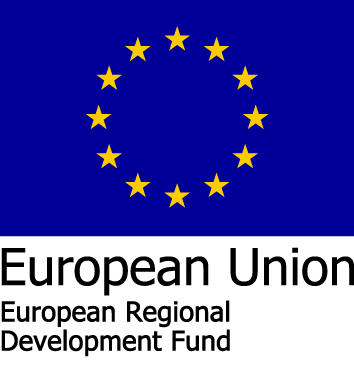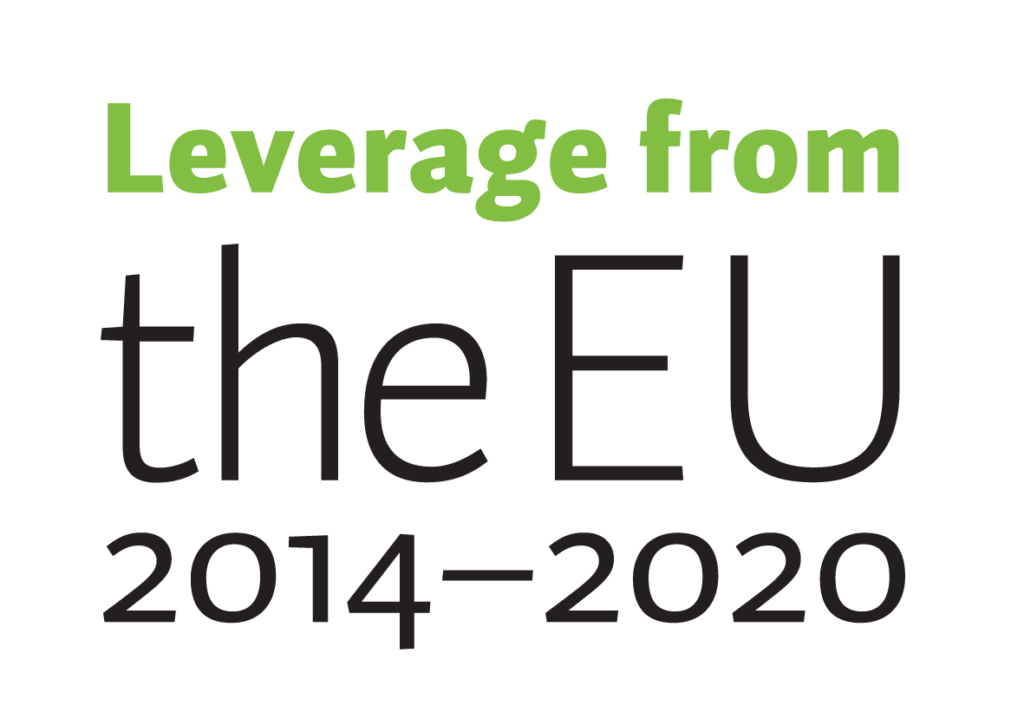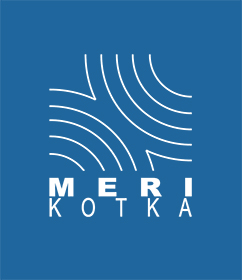Aims
The project explores the potential of automation and machine learning, as well as intelligent systems, to improve the fuel economy of the Merikarhu school ship, reducing emissions in a cost-effective way. In addition, Merikarhu is developed towards a modern and diverse digital learning environment that serves both maritime and rescue students as well as stakeholder statutory training activities.
Actions
1. Intelligent systems for fuel economy optimisation
The task is to find out, with the help of data acquisition and machine learning systems installed on Merikarhu, the effect of various variables on the vessel’s fuel economy and emissions. The machine learning system makes it possible to optimise fuel consumption and thereby reduce emissions. Alongside, the possibilities for applying the tested methods in optimising the fuel composition on ships in general, are explored.
2. Virtual learning environments
The task is to create a digital learning environment that supports the use of Merikarhu as a school ship and as a training unit to support both maritime education and stakeholder activities. A digital model of the vessel will be created for use in various simulations and the possibilities of carrying out pedagogically functional simulator exercises, linked to the concrete rehearsals on board, will be explored. The aim is to develop a training model for safety & security exercises in ports that would also enable the fulfilment of training obligations in exceptional circumstances such as pandemics.
3. Safety & security rehearsals
The task is, in cooperation with the Port of HaminaKotka, to develop a functional overall plan for port and stakeholder safety & security exercises through piloted chemical-, oil- and firefighting exercises. The plans also consider Merikarhu’s role in the training activities. The pilot exercises will also strengthen the experience base and professional skills of the participating students and the vessel’s personnel.
Funding
The project has a total budget of € 396,846 and is funded by the EU React program.
The implementation period is 01.09.2021 – 31.10.2023.
Project partners
- South Kymenlaakso Vocational College (Ekami, Lead applicant)
- Kotka Maritime Research Association
Link to official website in Finnish



